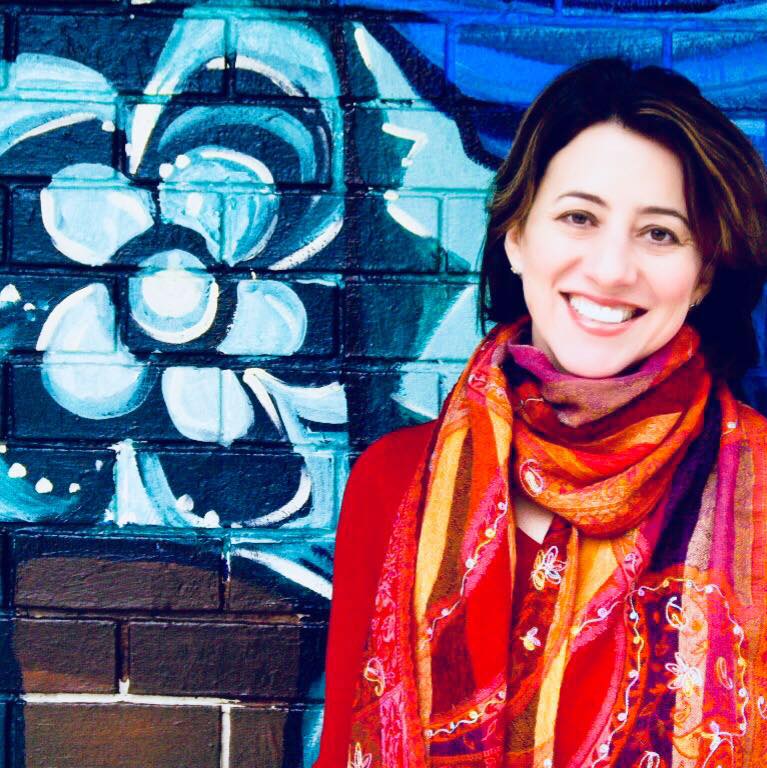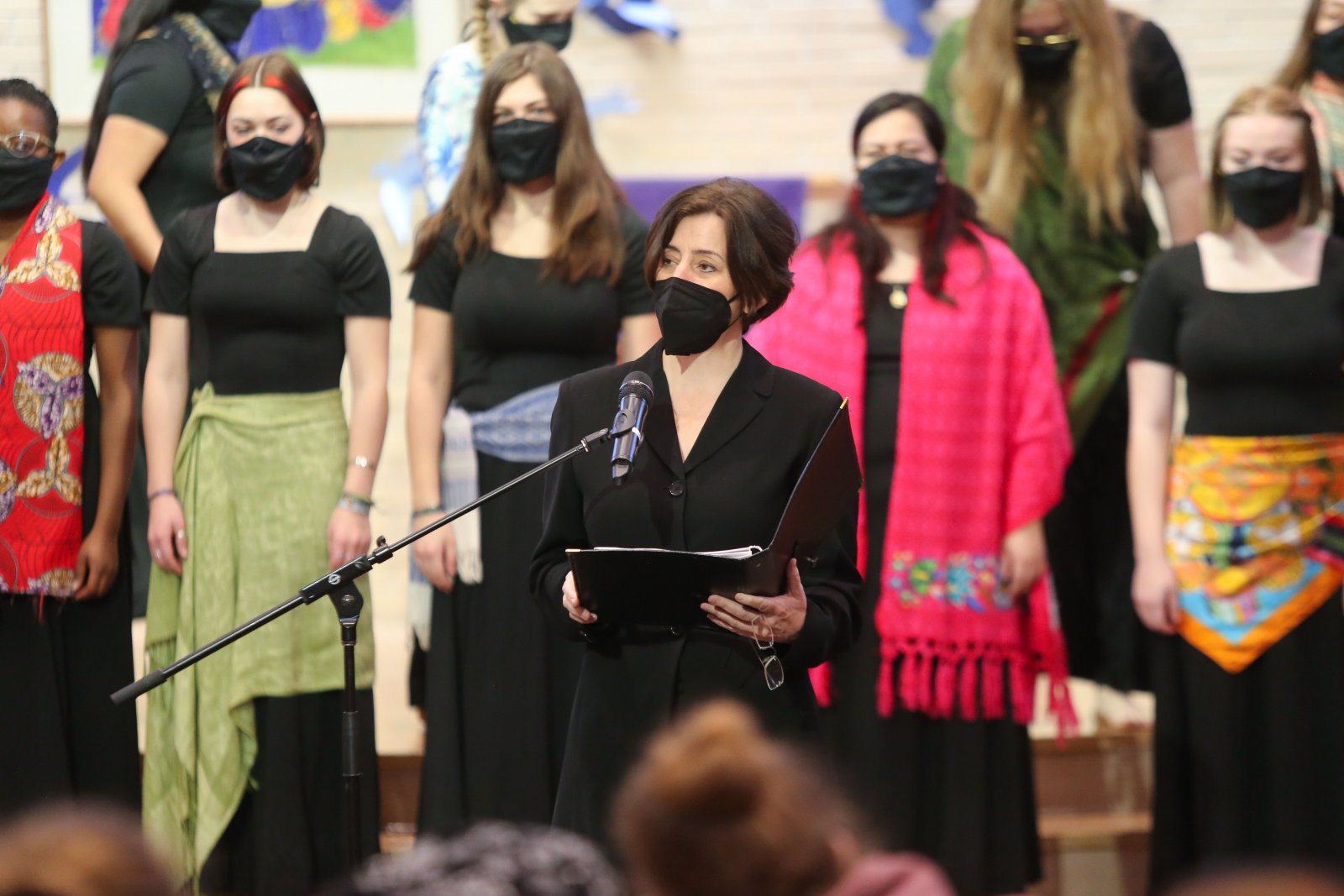“Music is a social art. Choirs are particularly social. But the legacy of segregation means choirs are not usually mixed racially in substantial ways. That impacts the choices made about repertoire and the music people hear in churches, temples, and schools.
I grew up in Chicago in Hyde Park. One significant shaping organization for me was the Chicago Children’s Choir. The director there believed children could make rigorous music. He programmed pieces by Anton Bruckner, Leonard Bernstein, and folk songs from around the world. And he was very intentional also in representing a constellation of identity with regard to African American traditions. All music traditions, really, but one thing I honed in on as an adult was that he pursued a wide range of music connected to the Black community.
We’re still negotiating that idea today. Just in the last two years, there’s been a considerable increase in interest in the music by Black composers, and the conversation has deepened.
When I first graduated from IU and moved back to Chicago, I worked for the Chicago Center for Urban Life and Culture, an urban studies program for college students. You learn from people and resources in the city. It was very empowering and shaped my work from then on.
The combination of those two organizations and the opportunity to study with activist intellectuals at the City University of New York’s Graduate Center shaped me and my work.
This semester I’m teaching a class that is a redesign of my dissertation class, “African American Choral music: ‘Toward a Living Black History.’” I received funding from the Center for Community Engagement at Goshen College. A central component of the course is meeting with different experts in African American music around the area.
I teach voice, and the music program here has a history of doing many different kinds of music. The choir I direct was founded by Debra Detweiler. Choirs are rarely founded to explore music from around the world, but this one was. That’s one of the things that appealed to me about the job at Goshen College, and I look forward to amplifying that.
I appreciate having multiple colleagues who are interested in curriculum development. I am very grateful for an intentional building of community within the college to continue developing projects like that.
Ballet Folklórico Las Guadalupanas is a local Mexican dance troupe in which one of my singers is a member, and they are going to dance with us at our April concert.
I’m striving to build community relationships.”



